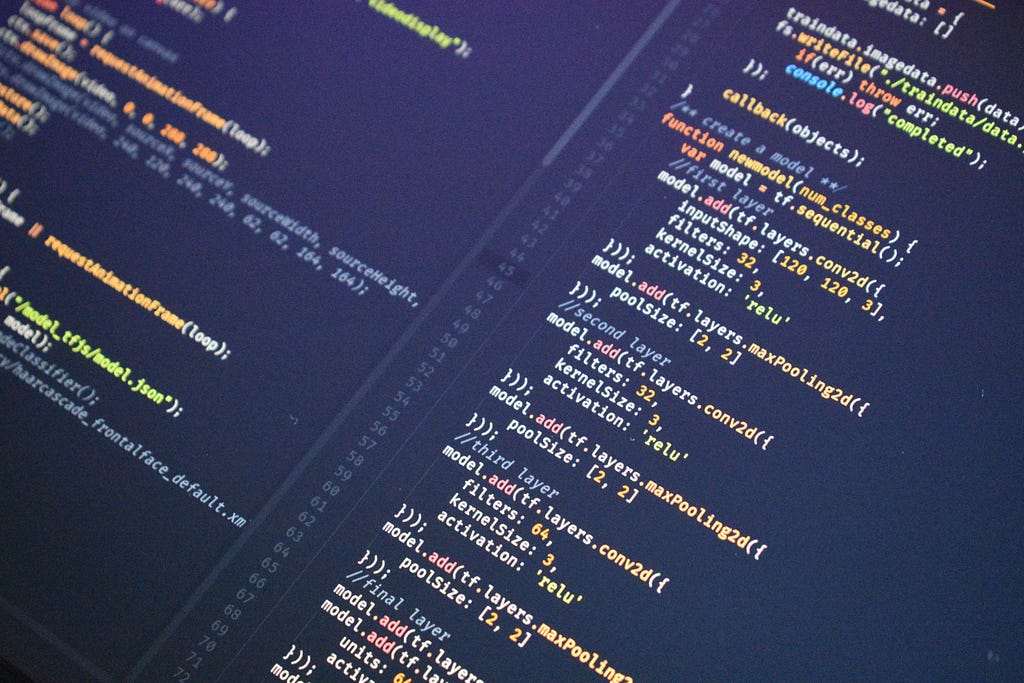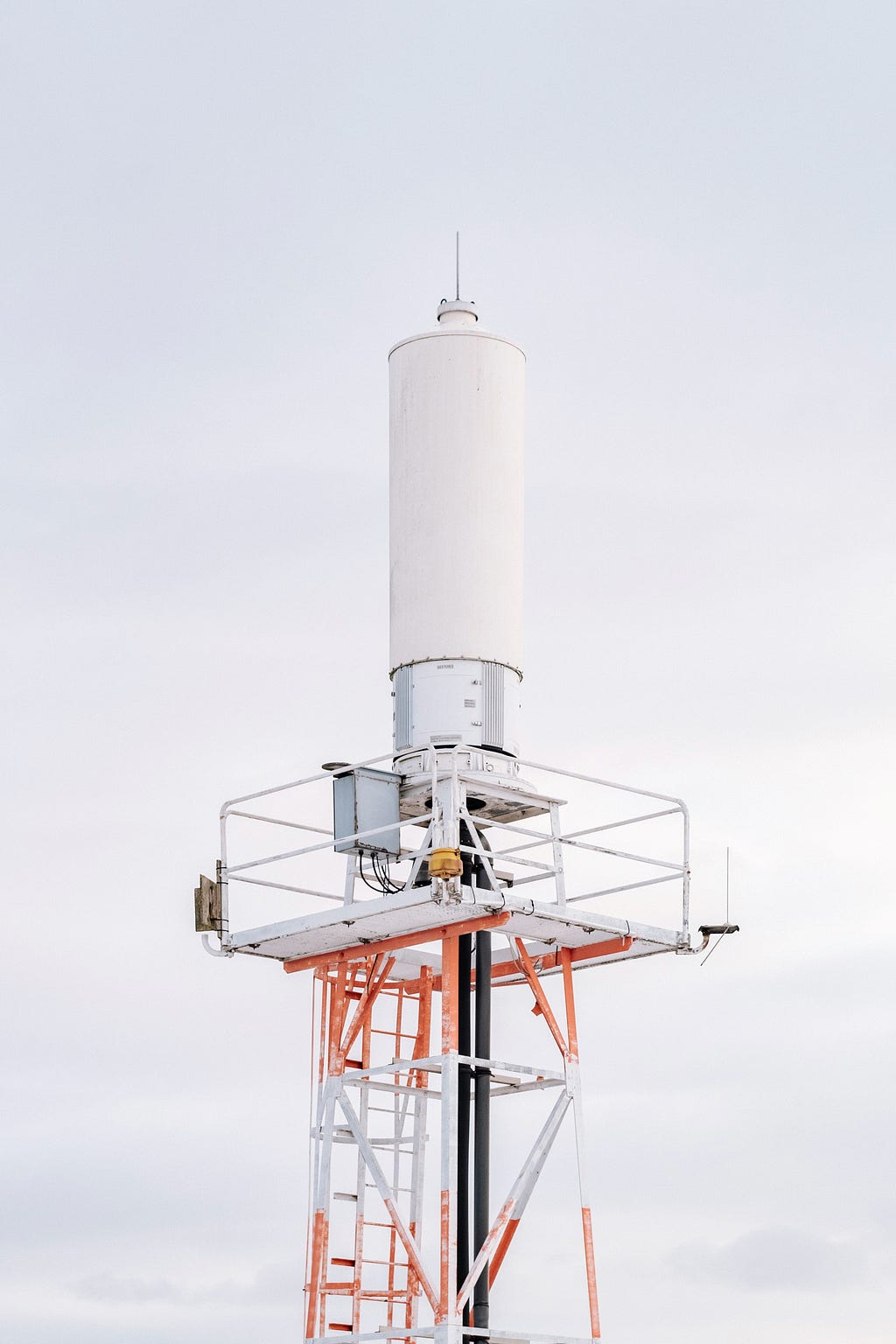Latest news about Bitcoin and all cryptocurrencies. Your daily crypto news habit.
 Photo by Namroud Gorguis on Unsplash
Photo by Namroud Gorguis on Unsplash
If you have indeed been buried under a heavy boulder all this while and have come out to just read this, thank you; in that case, you are probably scratching your head and wondering why 90s kids, who are still less than 30 years of age, are already feeling so nostalgic.
In the early years of their childhood, in August of 1991, to be specific, the world was changed forever when the World Wide Web as we know it today, arrived on the scene. Since then, over the course of nearly three decades, the internet has taken over every aspect of business, from sales to marketing, product ideation to consumption. Easily, and often freely available internet has become the pivot on which business turns and we know little beyond that.
 Photo by Mahesh Ranaweera on Unsplash
Photo by Mahesh Ranaweera on Unsplash
Yet, silently, unbeknownst to most, another change took root in the year 2008, when Satoshi Nakamoto conceived of the idea of Bitcoin and introduced with it the revolutionary technology of blockchain. Blockchain would eventually come to represent an immense transformation in the world of business, by managing supply chains and handling digital identity, by facilitating payment and assisting in governance. From healthcare to transportation, food to fashion, blockchain seems to be permeating every aspect of the business world, while ensuring decentralization and transparency.
Although we are still at an early stage of blockchain development, the seeds of change have been sown. What is more, blockchain is only a part of a much bigger change that is possibly triggering all the 90s nostalgia. In the wake of the fourth industrial revolution (4iR), 90s kids are still struggling to draw a clear line between the third revolution that was just two decades old when they were born and the new wave that is threatening to simultaneously disrupt and smoothens everything they have known all this while.
The newest revolution is upon us and we have no way of dismissing it as just an extension of the digital revolution that came before. It is proving to be widely transformative and wildly novel, while portending a host of ramifications for socio-economic as well as political structures all around the world.
Today, with AI-driven voice assistants like Amazon’s Alexa, artificial intelligence has sauntered into our households. With machine learning prepped and primed to assess your mood, chances are that Spotify knows your taste in music far more accurately than a close friend. Without us even noticing, our devices are learning more and more about us. The technology of deep learning is preparing to take all that knowhow a step further, to replicate how humans themselves think, by establishing artificial neural networks. As machines learn to recognise our voice, identify patterns in our everyday life choices and intelligently offer us options compliant with such patterns, the need for human interaction is increasingly replaced by a dependence on technology.
This revolution has also brought in its train a super fast, high-capacity and cost-effective system of connectivity in the form of 5G (fifth generation wireless connection). For a generation that has possibly grown up with a frustrating broadband dial up connection, this definitely represents a paradigm shift. The transportation space has also seen intriguing innovations, with self-driving Ubers and other autonomous vehicles paving the way for a faster and smarter scheme of mobility.
 Photo by Samuel Zeller on Unsplash
Photo by Samuel Zeller on Unsplash
The third revolution had been hinged upon increasing digitization and eventually, the spread of the internet. The fourth industrial revolution finds itself caught up at a turning point of those very technologies. With the Internet of Things (IoT) making smarter devices (ranging from smart locks to sensitive air-conditioners) a household reality, and distributed ledger technologies (DLT) restructuring the recording, processing and sharing of data, the stage is definitely set for a leap into the future. Blockchain itself is one of the more popular forms of DLT and it is increasingly finding itself at the epicenter of a multi-sectoral change.
Even as the myriad of technologies experiencing tremendous breakthroughs keep growing, we must be mindful of their impact on societies. It goes without saying that those 90s kids are definitely having an easier life as their AC adjusts according to their body temperature or when a blockchain helps them track where their beef is being sourced from. The more pressing issue that remains is how these technologies interact with developing, labour-intensive societies.
While automation, faster connectivity and decentralized data handling are indeed impressive feats to be proud of, the repercussions they have on some economies in the short run are likely to lead to some furrowed brows. In labour-intensive economies, the development of human resources may simply not keep up with the pace of development otherwise. This can in turn result in a loss of livelihood for those whose work is now increasingly and more effectively being done by machines.
It is easy to say blockchain will eliminate middlemen when you do not have to worry about where these middlemen will go. However, in a human society, we cannot be so callous about the fate of a substantial section of the labour force that may find themselves without jobs in the era of smart machines. Effective human resource development can possibly help arm them with appropriate qualifications to seek out other avenues. But in cash-starved countries struggling to feed their citizens, that is much easier said than done.
Will automation and machine learning replace labour in a way that hurts the latter’s ability to earn a living?
Or
Will they only push them to seek more fulfilling and appropriate jobs?
……………………………………
Only time will tell us that. For now, the scale is tipped towards the first scenario and it is up to policymakers to devise a game plan before the floodgates open.
Wake Of The Fourth Industrial Revolution was originally published in Hacker Noon on Medium, where people are continuing the conversation by highlighting and responding to this story.
Disclaimer
The views and opinions expressed in this article are solely those of the authors and do not reflect the views of Bitcoin Insider. Every investment and trading move involves risk - this is especially true for cryptocurrencies given their volatility. We strongly advise our readers to conduct their own research when making a decision.

